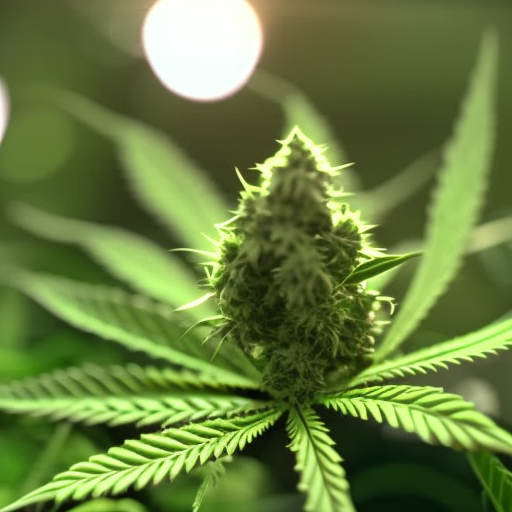
A recent study published in the journal Health Economics has found that states that have legalized recreational marijuana use for adults have also seen a decrease in mental health treatment admissions. The study analyzed data from ten states that have legalized adult-use cannabis to determine the impact of recreational marijuana laws (RMLs) on mental health treatment facilities.
The author of the study, Alberto Ortega, a professor at the O’Neill School of Public Health at Indiana University, stated that the effects of RMLs on mental health treatment are not clear. To investigate this further, the study used an event-study within a difference-in-differences framework to analyze the short-term impact of state RMLs on mental health treatment admissions.
The findings revealed that shortly after a state adopts an RML, there is a decrease in the average number of mental health treatment admissions. This decrease was observed among various demographic groups, including white, black, and Medicaid-funded admissions. The results remained consistent for both male and female admissions and were robust to alternative specifications and sensitivity analysis.
According to Ortega, there is a clear and immediate decrease in total admissions following the adoption of recreational marijuana laws. This effect becomes more pronounced over time and remains negative through event year four. In the early years following the passage of RMLs, there was an estimated 37% decrease in total mental health treatment admissions or about 92 fewer admissions per 10,000 individuals in a state.
The study also found that the decrease in admissions was primarily driven by individuals under 65, black individuals, and white individuals. There was also a significant decrease in Medicaid-funded treatment admissions but a smaller and statistically insignificant effect for non-Medicaid admissions.
While these findings are compelling, Ortega acknowledged that it is challenging to identify the mechanisms leading to the decrease in mental health treatment admissions due to data limitations. One possibility suggested by Ortega is that RMLs increase marijuana use, which may improve mental health. Another possibility is that individuals needing mental health treatment can more readily substitute or self-medicate with marijuana after the legalization of recreational use.
It is important to note that the effects of marijuana legalization in the United States are still being studied, as this trend is relatively new. A policy paper released last year found that youth marijuana consumption did not increase in states that ended pot prohibition. Additionally, a survey conducted in May revealed that more than half of marijuana consumers in legal states obtained their supplies from brick-and-mortar dispensaries.
Overall, this study highlights the potential impact of recreational marijuana laws on mental health treatment admissions. Further research is needed to understand the underlying mechanisms and long-term effects of marijuana legalization on mental health outcomes.

